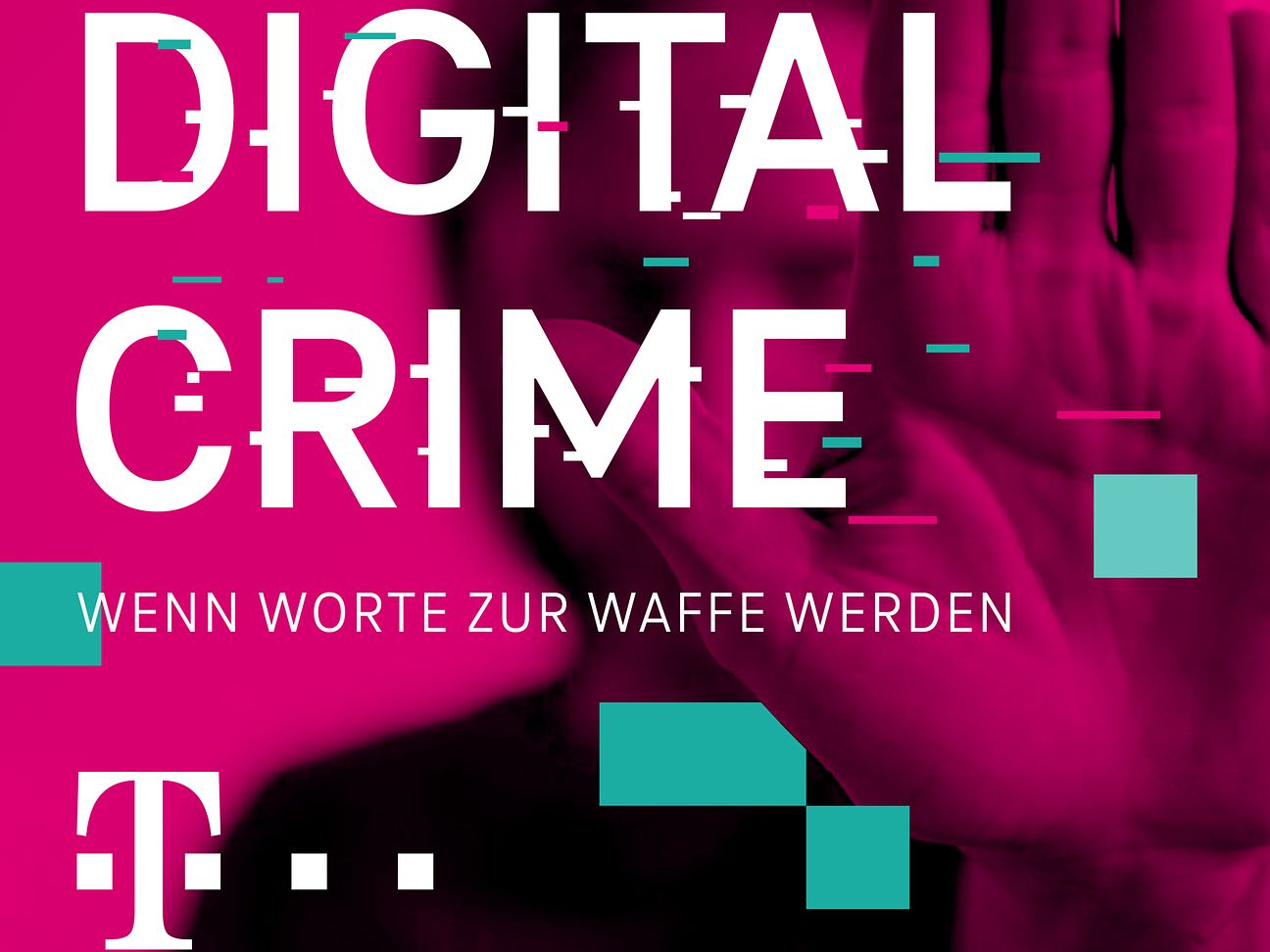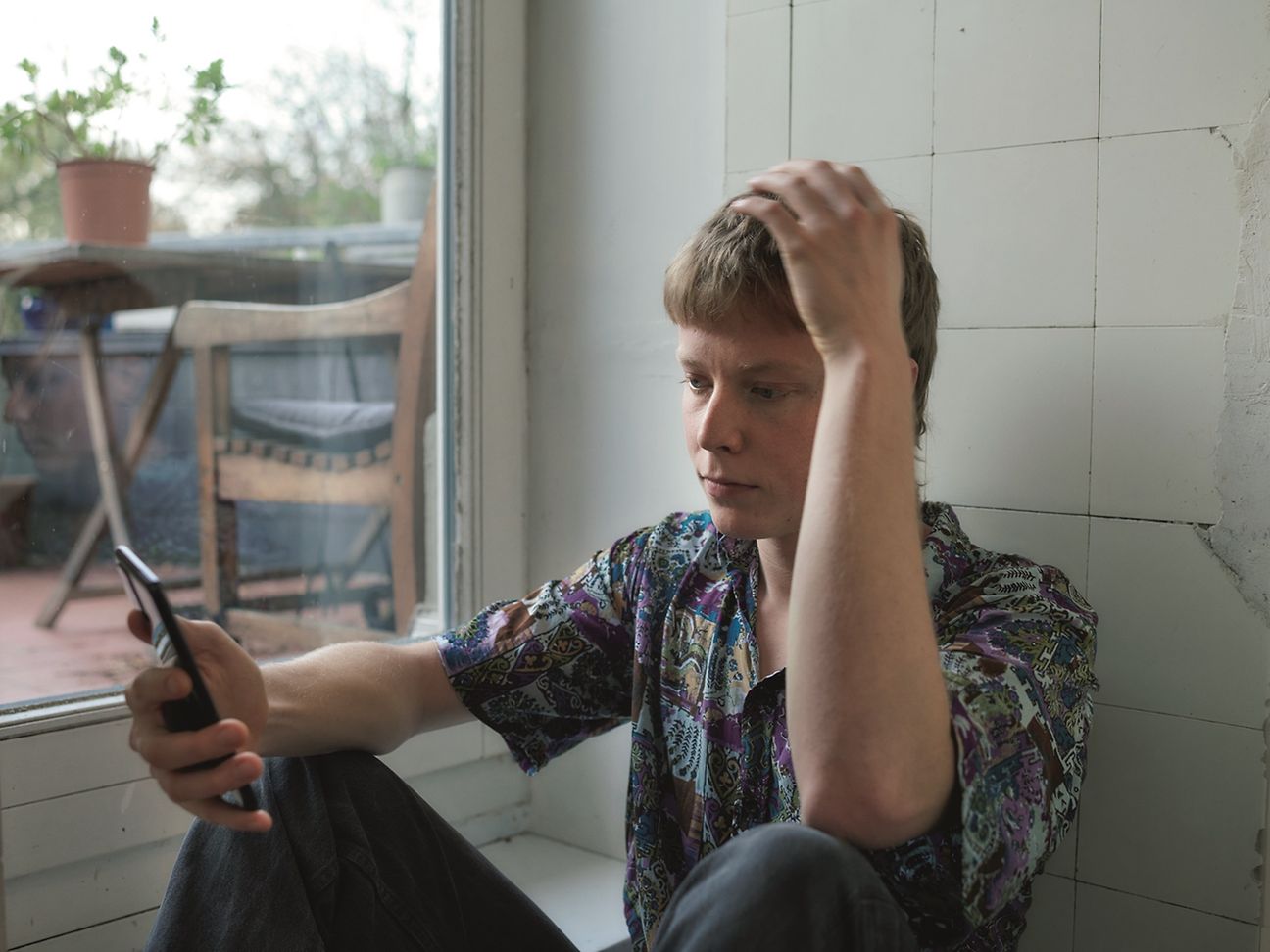

Hate in Gaming - When the Fun Ends
Hate and discrimination are not only a problem among hobby gamers, but also in professional eSports. In the new "Digital Crime" episode, you can hear how complex the issue is, how it can be dealt with professionally, and who ultimately must bear the responsibility for it.
Where passions are, there are emotions," says Josef. As a gamer and professional coach in eSports, he knows what he's talking about. In the new episode of the podcast Digital Crime - When Words Become Weapons, he tells us why racism follows him into the world of gaming and why it almost cost him his career.
Gaming is becoming increasingly popular
According to the Game Association's Annual Report 2021, 58 percent of Germans play computer and video games. And eSports, i.e. playing games as a competitive sport, has become a relevant market with prize money in the millions since long. But not everyone is satisfied with the fun and enjoyment of the game. More and more often games and the associated community platforms are misused to exclude, defame and discriminate others.
Hate on the Internet is a way of dealing with resonance spaces
Josef had to experience what it feels like to be insulted and rejected because of the color of his skin from his earliest childhood. Even as he dives deeper and deeper into the world of online games, racist hostility accompanies him. But using the anonymity of the Internet and hiding behind another identity is out of the question for him. On the contrary! With his gaming name "Blackgator", he clearly takes a stand on his origins and continues to expand his passion as a gamer. He manages to turn his talent into a profession and starts a career as a professional coach in eSports. But suddenly the tide turns against him. He loses his job and his career. In the podcast, you'll find out what exactly happened to him.
Jörg Adami also knows how low the inhibition threshold for hate in gaming is. He is the managing director of the esports player foundation, which aims to promote and support up-and-coming talent in eSports. How exactly do players communicate with each other in games? Why is the risk of toxic behavior so great? Where do organizations in gaming also need to take a clearer stance?
And another expert speaks up: Christian Scherg. He is an expert in reputation management and crisis communication. He knows a lot about hate on the Internet. With him, we explore the questions: What can dealing with hate and hostility look like? How can you move on when there are massive attacks? And will the Internet ever be free of hate?
Each episode tells a new, true story
Curious? Then listen to the 3rd episode of Digital Crime. Go directly to the episode "Hate in Gaming - When the fun ends" here. Podcast is available in German language.
In each episode of Digital Crime, we look at the topic of "hate on the net" from a different perspective. There is always a new episode on the last Sunday of the month. In the next one you will meet Markus. We will talk to him about the topic "How customers become haters". You definitely don't want to miss it!

